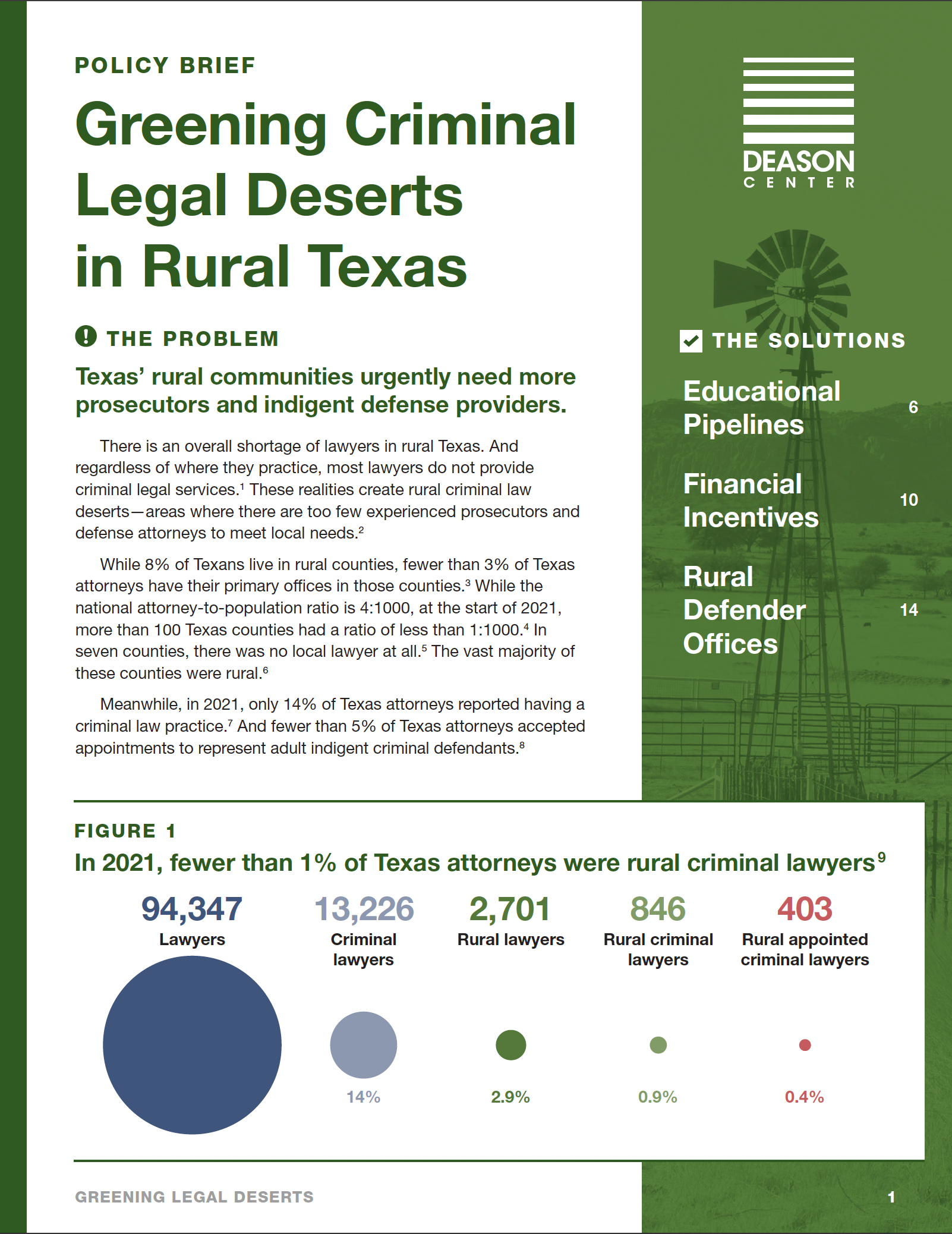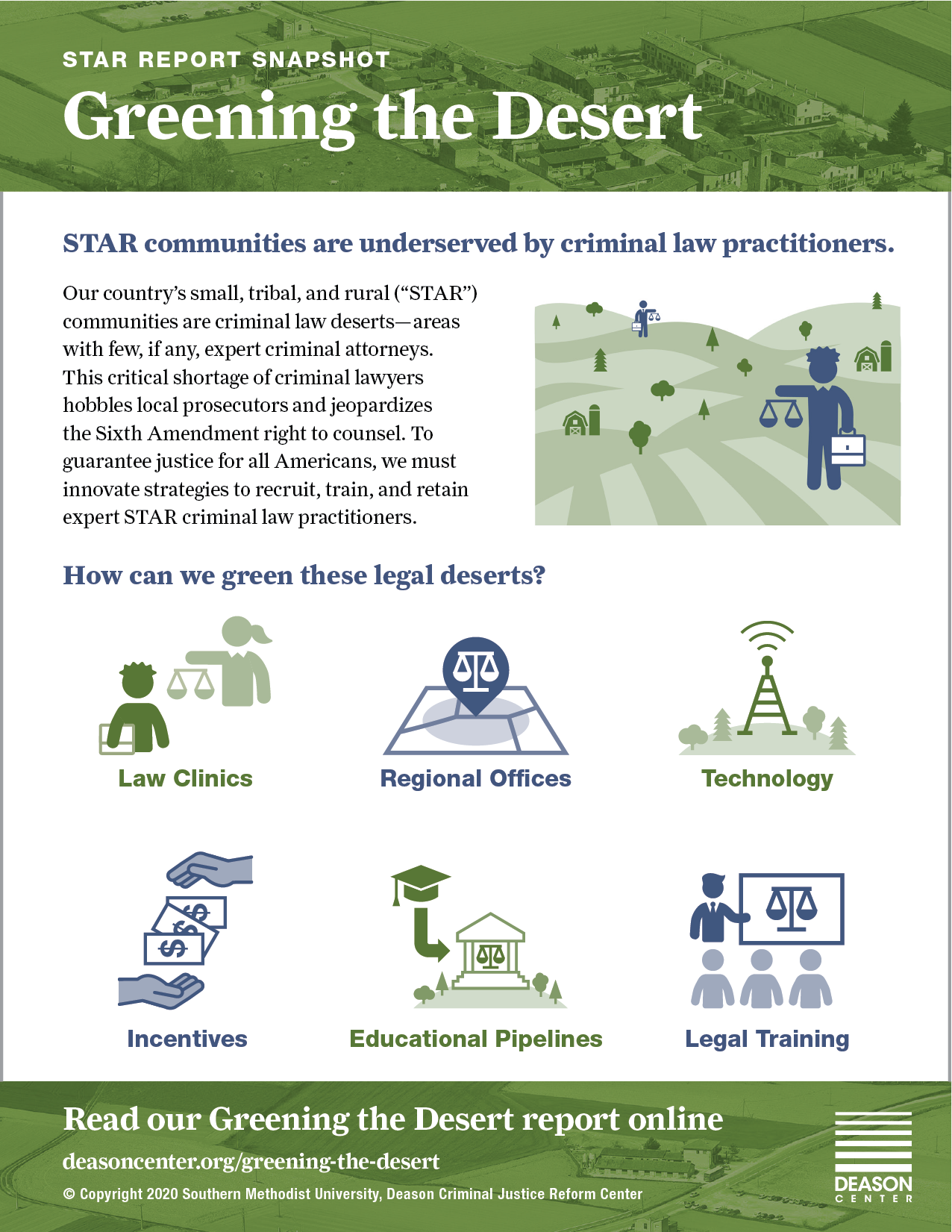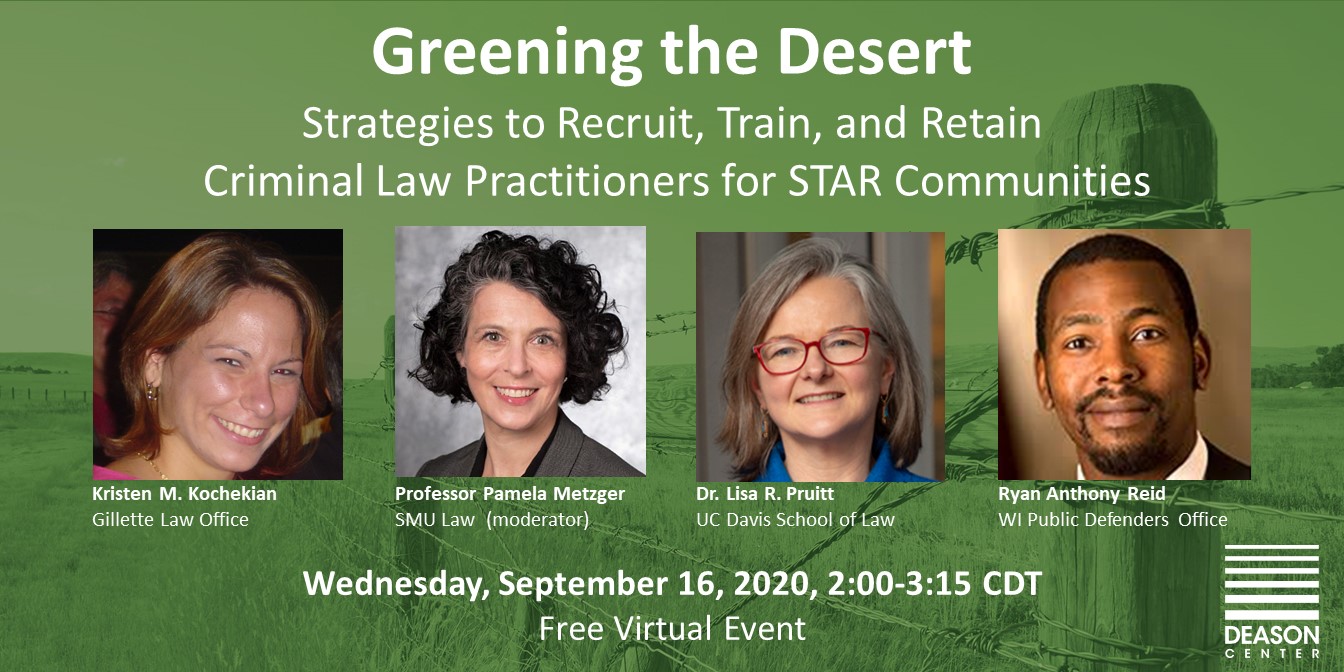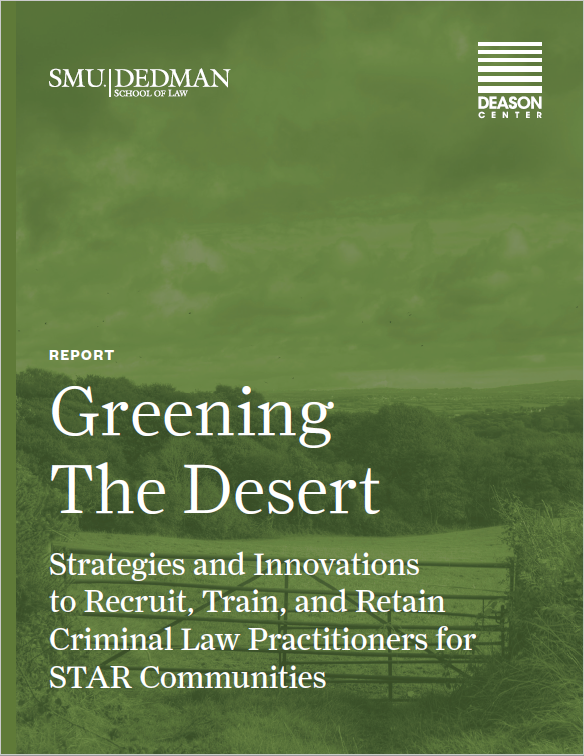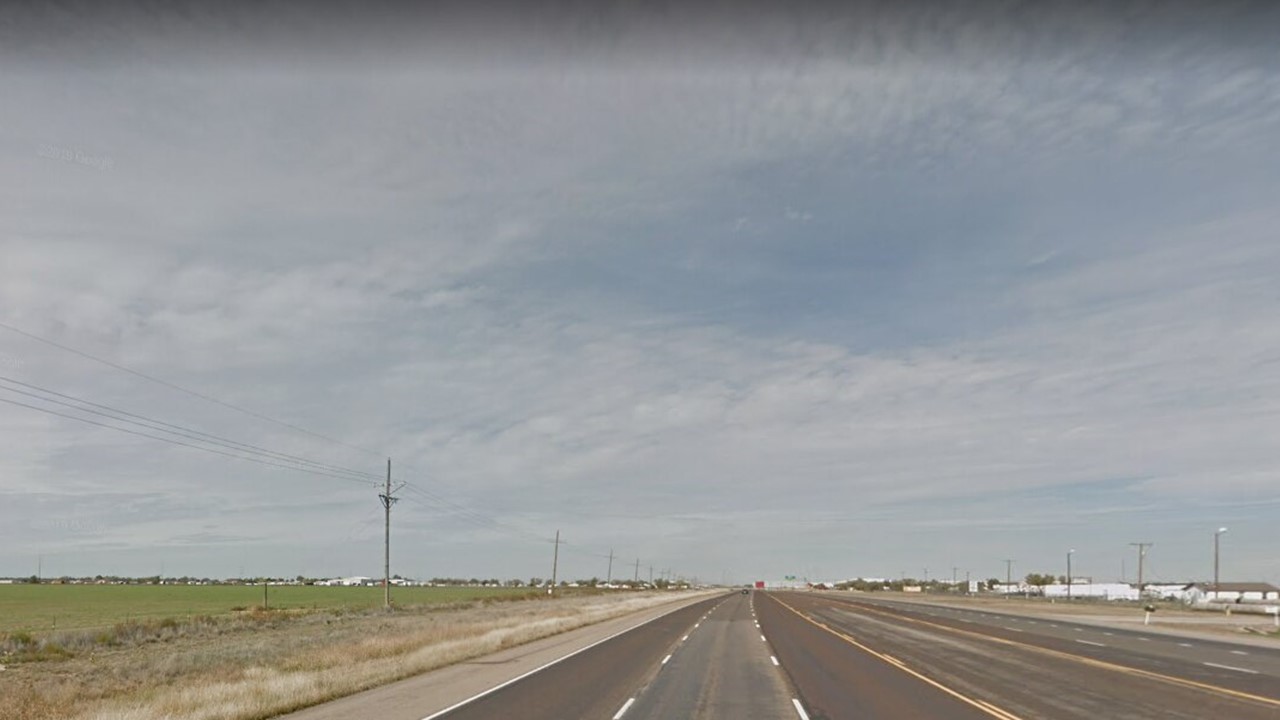Country Justice in Texas
Overview

The Country Justice project investigates rural criminal law deserts, the implementation of the Sixth Amendment right to counsel, and the efficacy of rural justice innovations. This empirical research study focused on Texas generates a statewide view by collecting and analyzing data from state and national statistical agencies. It includes case studies of rural communities, deeply researched through interviews with local justice officials, court observation, and record review. The project will seek to conduct trauma-informed interviews with justice-involved community members. In the long term, Country Justice aims to address critical issues facing rural areas in Texas, including access to legal representation, jail overcrowding, and wrongful convictions.
Rural Appointed Representation Rates in Texas

The United States Department of Agriculture's Rural-Urban Continuum Codes were used in the classification of all counties as metro or non-metro areas. Appointed representation rate data are not available in all counties in all years. Where data are missing the number “-999” appears. For more information about this map, see our Research Methods.
Our Publications & Resources

Policy Brief: Greening Criminal Legal Deserts in Rural Texas
Texas’ rural communities urgently need more prosecutors and public defense providers. This policy brief outlines three solutions to recruit more criminal lawyers to serve rural Texans: Educational pipelines, financial incentives, and rural public defender offices. Rural Texans deserve the same constitutional protections as their urban and suburban counterparts. With strong recruitment strategies, targeted incentive programs, and new rural defender offices, Texas can green its criminal law deserts.
Webinar: The Right to Counsel in Rural America
This conversation examined the challenges of providing indigent defense services in rural areas of the United States where lawyers are scarce and long distances separate courts, law offices, and jails. Deason Center researchers Dr. Andrew Davies and Dr. Victoria Smiegocki discussed their research on the topic with criminal defense attorneys working in rural areas.
One-Pager: Greening the Desert
Greening the Desert brings a criminal justice lens to the phenomenon of STAR legal deserts—vast areas with few, if any, practicing attorneys. This one-pager highlights key strategies to green these criminal law deserts. The full Greening the Desert report offers detailed examples and case studies that describe successful implementation of strategies to recruit, train, and retain STAR justice practitioners. An accompanying webinar explores the national landscape and chronicles how two STAR criminal lawyers found their way to rural practice.
Greening the Desert (One-Pager), Deason Criminal Justice Reform Center (September 2020).
Webinar: Greening the Desert
This webinar explores strategies and initiatives to recruit, train, and retain STAR criminal justice practitioners. Lawyers describe their own journeys to STAR criminal practice and join researchers in a discussion of best practices for greening STAR legal deserts.
Report: Greening the Desert
Greening the Desert brings a criminal justice lens to the phenomenon of legal deserts in STAR communities—vast areas with few, if any, practicing attorneys. The report explores STAR criminal justice communities and describes strategies and initiatives to green these criminal law deserts. Using case studies, the report offers concrete examples of successful innovations. It also includes cautionary notes about risks that may arise with the implementation of strategies to recruit, train, and retain STAR practitioners. A companion webinar explores the national landscape and chronicles how two STAR criminal lawyers found their way to rural practice.
Metzger, P., Meeks, K., & Pishko, J., Greening the Desert: Strategies and Innovations to Recruit, Train, and Retain Criminal Law Practitioners for STAR Communities, Deason Criminal Justice Reform Center (Sept. 2020).
Article: Gideon in the Desert: An Empirical Study of Providing Counsel to Criminal Defendants in Rural Places
The Sixth Amendment right to counsel is a continuing challenge in rural areas. This Article describes an exploratory analysis of Texas data about rural and urban access to counsel, including rules governing the eligibility for appointed counsel services and the appointment-of-counsel rate. The authors report that appointment-of-counsel rates were significantly lower in rural counties. Low lawyer populations were associated with especially low levels of access to counsel. In contrast, the presence of an organized defense provider was associated with significantly higher rates of access to counsel.
Andrew Davies and Alyssa Clark, Gideon in the Desert: An Empirical Study of Providing Counsel to Criminal Defendants in Rural Places, 71 Me. L. Rev. 245 (2019).
Our Experts


Pam Metzger

Dr. Andrew Davies

Dr. Victoria Smiegocki
Related News & Opinion






